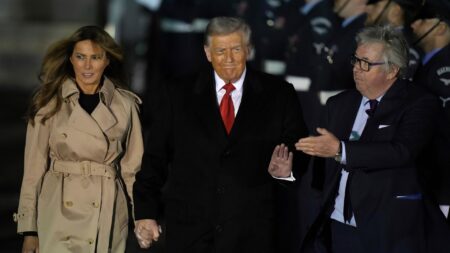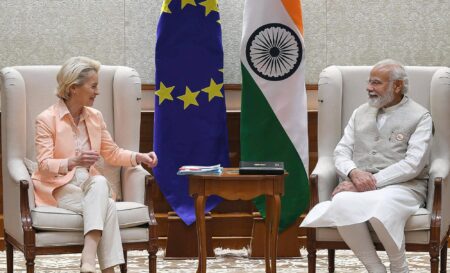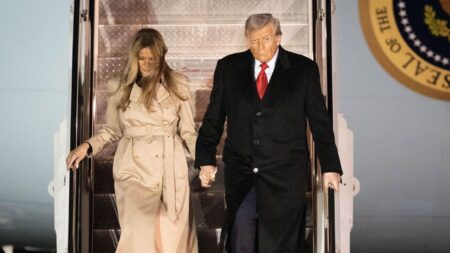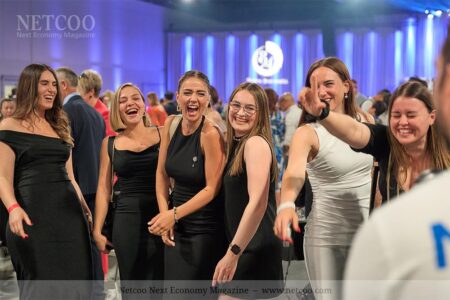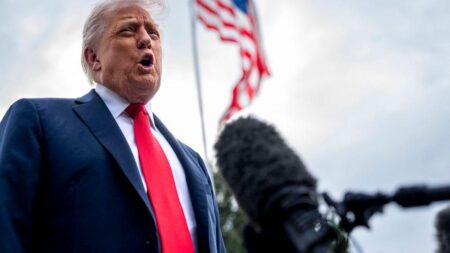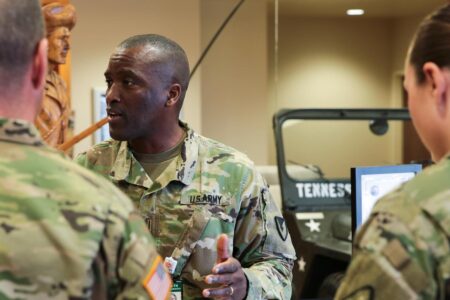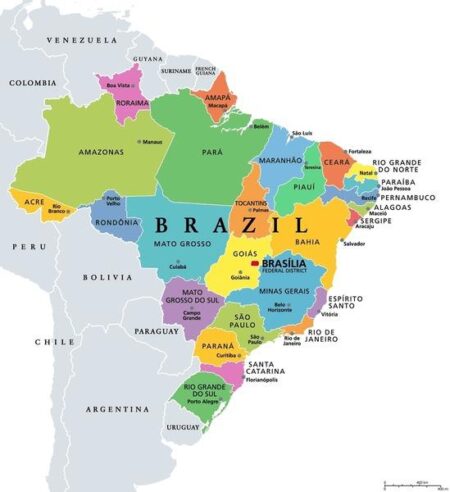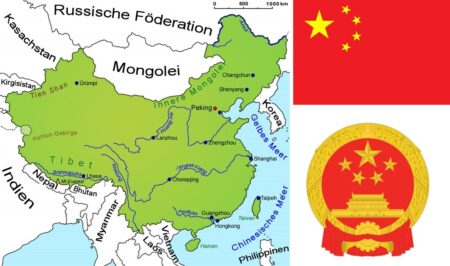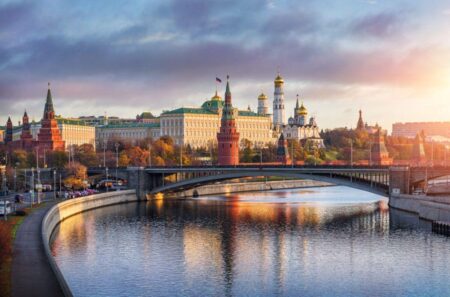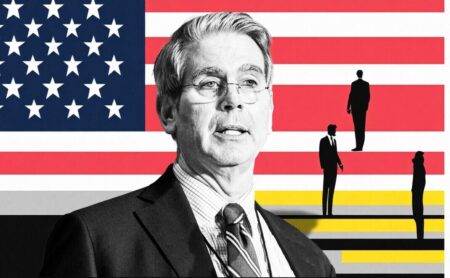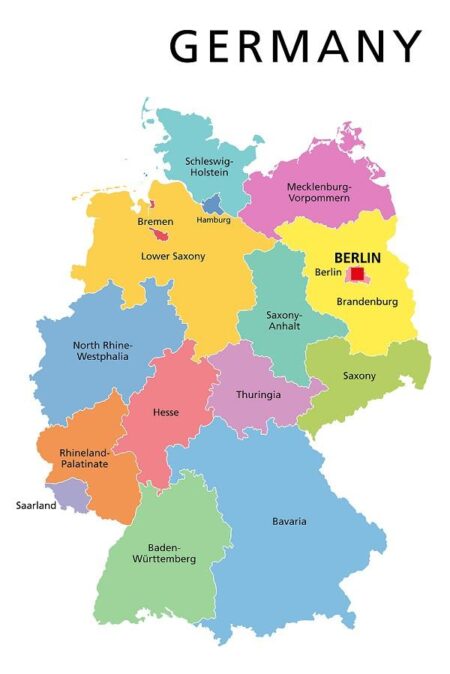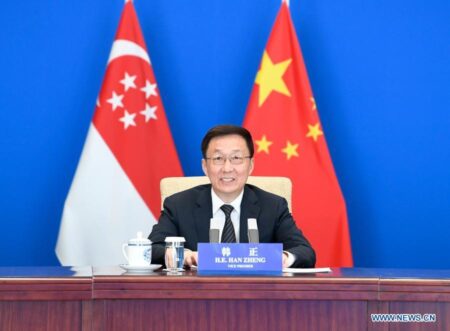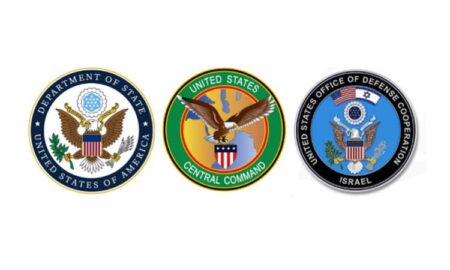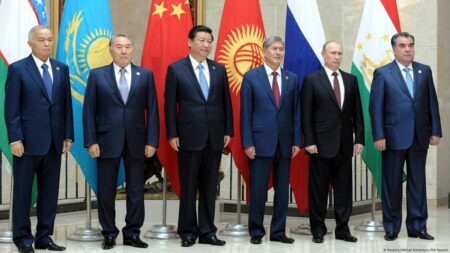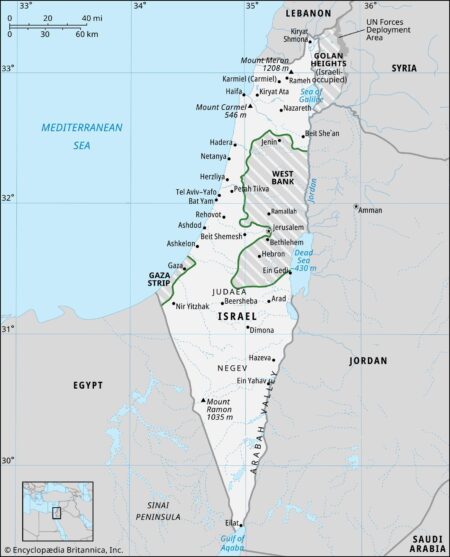At a royal dinner, former President Trump fervently called for the defense of the “English-speaking world,” celebrating its vibrant shared culture and robust trade ties-sparking an animated debate about how language shapes global alliances
Browsing: Diplomacy
The EU is eager to deepen its partnership with India, despite ongoing concerns about Prime Minister Modi’s connections to Russia. Brussels is determined to boost collaboration amid escalating geopolitical tensions and urgent energy security challenges
Former President Donald Trump’s UK visit is marked by dynamic meetings with political leaders, in-depth trade discussions, and high-profile public events. This packed agenda highlights key diplomatic and economic issues, all unfolding amid intense public interest and lively protests
Australia’s Prime Minister has returned from his Pacific diplomatic tour without any concrete wins, facing sharp skepticism from regional leaders as China’s influence steadily grows. This journey highlights the ongoing hurdles Australia must overcome in its complex Pacific diplomacy
Former U.S. President Donald Trump has arrived in the United Kingdom for a dynamic two-day state visit. Throughout his stay, he will meet with UK officials in a series of pivotal discussions aimed at strengthening and celebrating the unique partnership between the two countries
US military officers are intently monitoring the Russia-Belarus war games amid rising tensions, as former President Donald Trump reportedly moves closer to Minsk, drawing heightened global scrutiny-sources reveal
Brazil stands firm in rejecting former President Donald Trump’s overtures, opting to focus on its own policies and regional ambitions. Officials emphasize a clear lack of interest in aligning with Trump’s political agenda
China and the US have launched high-stakes economic and trade talks in Madrid, aiming to ease tensions and spark a new era of cooperation. Both countries are zeroing in on key challenges to fuel shared growth, China Daily reports
Russia appears to be steadily turning up the pressure on the West, making calculated moves that probe reactions without igniting open conflict. Experts warn this deliberate approach aims to advance Moscow’s goals while avoiding a full-scale confrontation
Bessent is preparing to meet with Chinese officials in Spain for an exciting deep dive into trade relations and to address urgent concerns surrounding TikTok. These talks are set to strengthen economic ties and pave the way for closer regulatory cooperation
Bavaria enthusiastically welcomes the wave of Chinese investment, declares the state minister, highlighting the region’s commitment to boosting economic connections and igniting innovative partnerships. This dynamic initiative promises to fuel growth and enhance cross-border collaboration like never before
Egyptian President Sisi and the UK Prime Minister held pivotal talks focused on securing a Gaza ceasefire and strengthening their bilateral partnership. Both leaders emphasized the need for stability and united efforts to tackle pressing regional challenges, Egyptian Streets reports
Chinese Vice Premier He Lifeng is preparing for a landmark visit to Spain, where he will dive into high-stakes trade negotiations involving the U.S., the Commerce Ministry announced. These vital talks aim to address pressing economic and trade challenges confronting the world’s top economies
Germany has taken a decisive step to support a France-led two-state solution to the Israel-Palestine conflict, Bloomberg News reports, citing Reuters. This bold initiative signals a renewed surge of European determination to secure lasting peace in the region
A U.S. defense delegation is heading to India, eager to reignite stalled trade talks and strengthen strategic ties. This bold step seeks to boost bilateral cooperation as both countries chart a course through an ever-changing global landscape
The emergence of a powerful ‘anti-Western alliance’ signals a dramatic shift in global power, challenging Western dominance and compelling analysts to rethink the future of geopolitics, CNBC reports
Labour leader Keir Starmer’s call for the UK to recognize a Palestinian state signals a bold new direction in British foreign policy, underscoring a fresh and determined commitment to Palestinian self-determination amid rising tensions in the Middle East
Human rights groups have condemned reports of Israeli Prime Minister Benjamin Netanyahu’s potential visit to Argentina, citing concerns over his policies and urging local officials to reconsider the invitation, Haaretz reports.
The UK has fiercely condemned Russia’s recent strikes on Kyiv, calling them a blatant assault on peace efforts. In a forceful statement to the OSCE Special Permanent Council, London accused Moscow of intentionally undermining all attempts to end the war in Ukraine
A new Lowy Institute report reveals Australians’ pragmatic view of China, expertly navigating robust economic ties alongside strategic caution in a region marked by growing tensions. Realism shapes public sentiment on Canberra’s China policy

